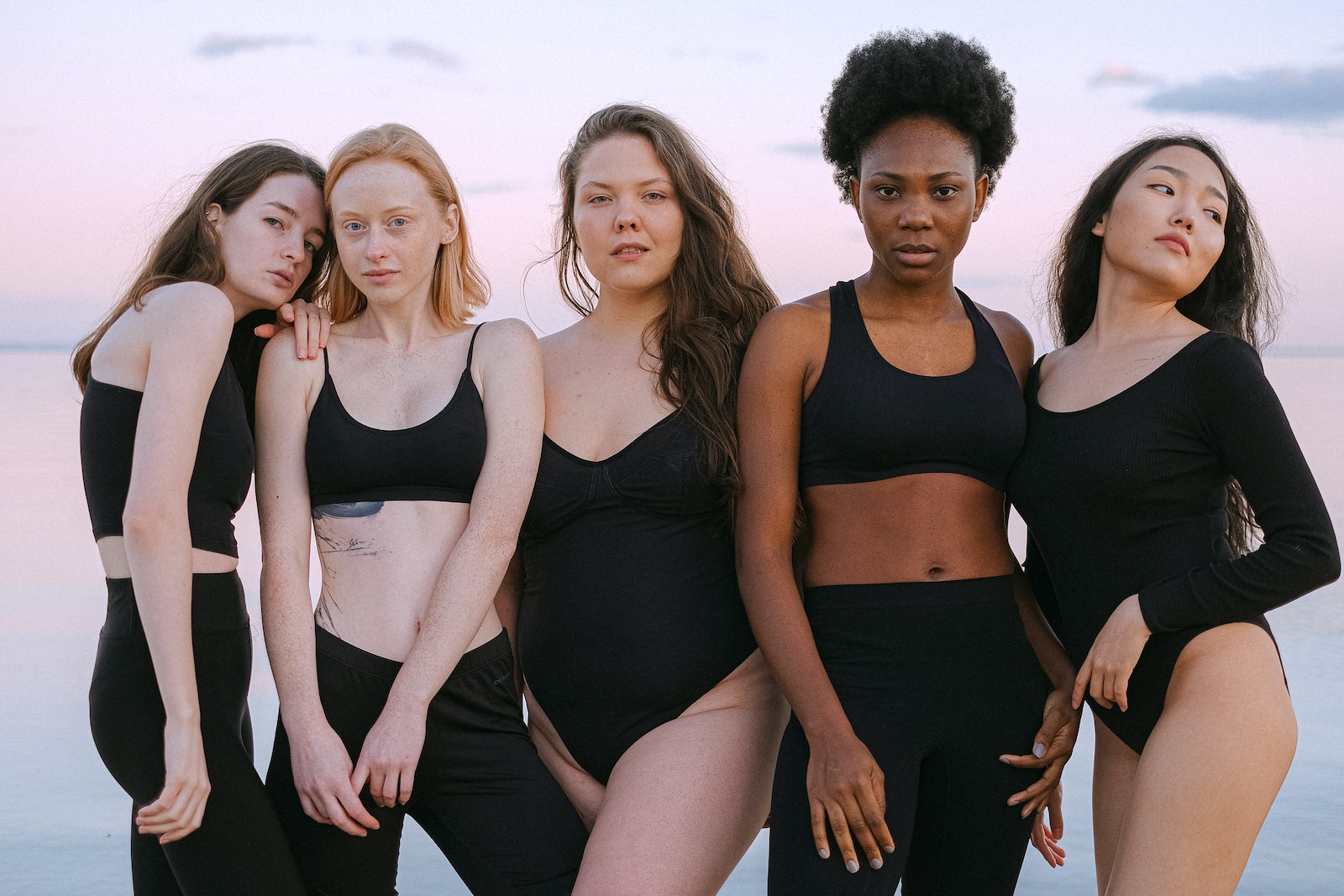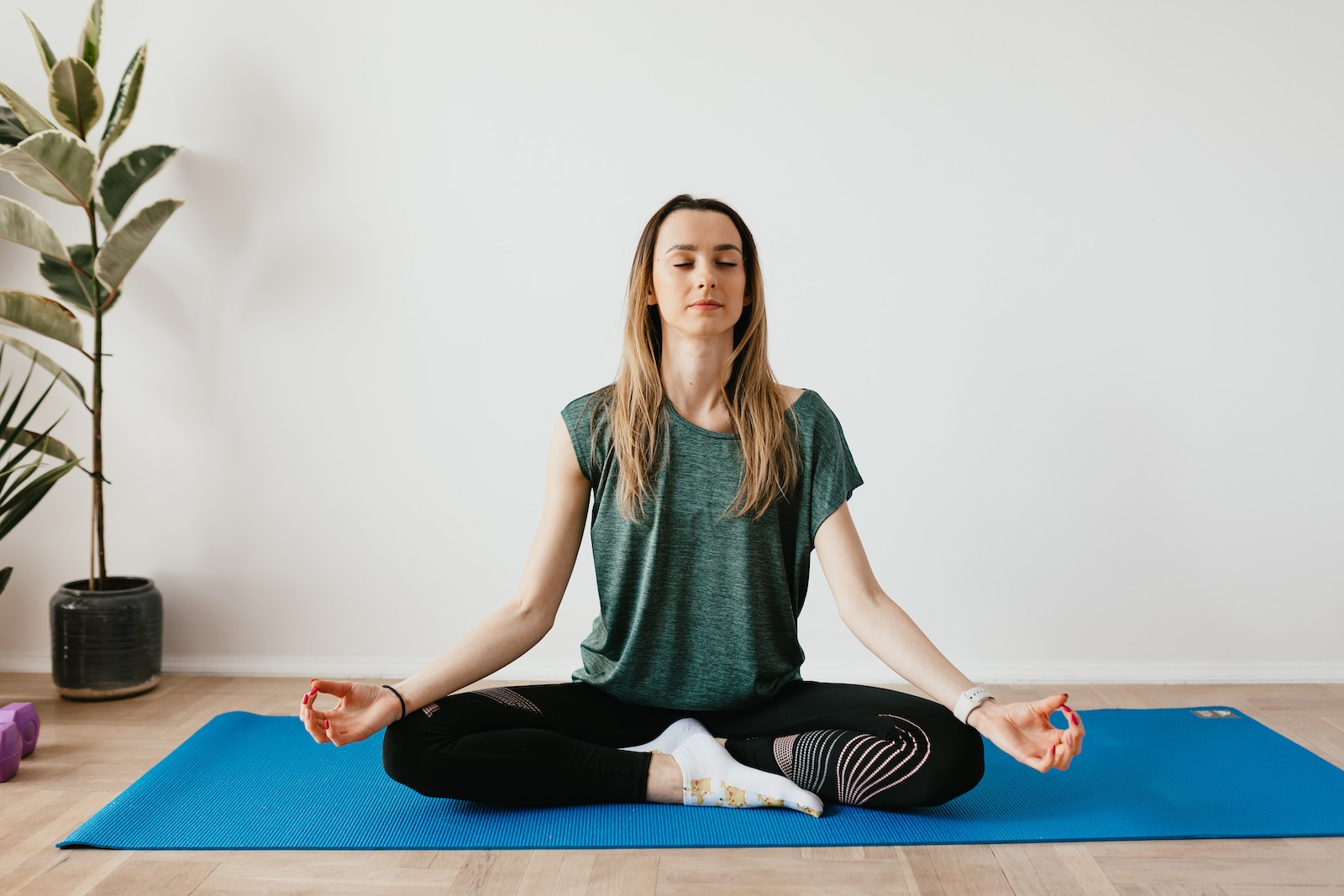In today’s digital age, social media platforms have become integral to our daily lives, shaping how we perceive ourselves and others. The influence of social media on body image is profound, often leading to unrealistic beauty standards and a skewed sense of self-worth. This blog delves into the intricate relationship between social media and body image, emphasizing the importance of nurturing self-acceptance online.
Understanding Body Image
 Body image, the perception of one’s body, is significantly impacted by various external factors, with social media playing a pivotal role.
Body image, the perception of one’s body, is significantly impacted by various external factors, with social media playing a pivotal role.
The constant exposure to carefully curated images on platforms like Instagram, Facebook, TikTok, and Snapchat can create a culture of comparison where individuals measure their self-worth based on unrealistic standards.
The bombardment of flawless photoshopped images can erode self-esteem, leading to body dissatisfaction and negative self-perception.
Social Media and Body Image
Social media platforms perpetuate a culture of comparison, where users are bombarded with images of idealized beauty.
Filters, editing tools, and digital alterations further distort reality, blurring the lines between authenticity and fiction.
This constant exposure to unattainable beauty standards can lead to feelings of inadequacy and self-doubt, exacerbating the negative impact on body image.
Body Positivity Movements Online
 Amidst the challenges posed by social media, there has been a rise in body positivity movements.
Amidst the challenges posed by social media, there has been a rise in body positivity movements.
These online campaigns and influencers promote body acceptance and celebrate diverse body shapes and sizes.
Hashtags like #BodyPositive and #LoveYourself have gained momentum, encouraging users to embrace their bodies and reject unrealistic standards.
These movements foster a sense of community and support, countering the damaging effects of social media on body image.
Mental Health and Body Image on Social Media
 The correlation between social media use and mental health issues is well-documented.
The correlation between social media use and mental health issues is well-documented.
Cyberbullying and body shaming, prevalent on various platforms, can severely impact an individual’s mental well-being.
Constant exposure to negative body image content can lead to anxiety, depression, and eating disorders.
Recognizing the signs of negative social media impact is crucial, enabling individuals to seek help and support when needed.
Strategies for Nurturing Self-Acceptance Online
The pervasive influence of social media on body image demands a thoughtful and comprehensive approach to counter its detrimental effects.
Here’s a detailed exploration of strategies that individuals can adopt to foster self-acceptance and build resilience in the digital realm:
1. Digital Detox and Mindful Consumption
 Incorporating mindful habits into your daily routine can significantly enhance your well-being amidst the digital noise.
Incorporating mindful habits into your daily routine can significantly enhance your well-being amidst the digital noise.
Schedule regular digital detox periods, deliberately disconnecting from social media to rejuvenate your mental space.
Designate tech-free zones within your home, encouraging genuine face-to-face interactions and providing sanctuaries free from digital distractions.
Adopt mindful consumption practices; reflect on the purpose behind your online engagements. Is it fostering real connections or leading to mindless scrolling?
By questioning your motives, you maintain intentional, purposeful interactions online, allowing you to navigate the digital world with clarity and mindfulness.
2. Limiting Screen Time and Setting Boundaries
 In managing screen time, leverage built-in smartphone features or third-party apps to monitor and limit application usage, mainly social media platforms.
In managing screen time, leverage built-in smartphone features or third-party apps to monitor and limit application usage, mainly social media platforms.
Customize notification settings to curtail interruptions, minimizing the urge to constantly check social media updates and enabling a focus on other aspects of life.
Designate specific time slots within your day exclusively for social media interaction.
By allocating dedicated periods, impulsive checking is reduced, fostering a more structured and mindful engagement with social media content.
This approach encourages intentional usage, ensuring a balanced and healthier relationship with online platforms.
3. Curating Positive and Diverse Content
 In cultivating self-acceptance online, mindfully curating your social media environment is crucial.
In cultivating self-acceptance online, mindfully curating your social media environment is crucial.
Start by unfollowing accounts that promote unrealistic beauty standards or erode your self-esteem, as being surrounded by positive influences nurtures a healthier self-image.
Seek out body-positive influencers and content creators who advocate for self-love and acceptance; their messages can inspire you to embrace your uniqueness and challenge societal beauty norms effectively.
Additionally, actively engage with content that celebrates diverse body shapes, sizes, ethnicities, and abilities, as exposure to these perspectives fosters acceptance and confronts narrow beauty ideals head-on.
By consciously selecting the content you consume, you empower yourself to promote a positive relationship with your body in the digital realm.
4. Building Resilience through Self-Compassion and Self-Love Techniques
 Practicing self-compassion is fundamental. Treat yourself with the same kindness you’d extend to a friend, acknowledging your struggles without judgment; imperfections are human.
Practicing self-compassion is fundamental. Treat yourself with the same kindness you’d extend to a friend, acknowledging your struggles without judgment; imperfections are human.
Positive affirmations, tailored to body image and self-worth, become powerful tools when repeated daily, bolstering positive beliefs and combatting negativity.
Embracing mindfulness and meditation fosters awareness of emotions, enabling detachment from harmful self-judgments. These practices provide:
- A serene perspective.
- Empowering you to respond to social media triggers calmly and.
- Shaping a healthier relationship with online platforms.
- Nurturing self-acceptance.
5. Seek Support and Professional Guidance
 Engaging in open conversations with loved ones, whether friends, family, or trusted individuals, about your struggles with social media and body image is crucial.
Engaging in open conversations with loved ones, whether friends, family, or trusted individuals, about your struggles with social media and body image is crucial.
Sharing your concerns provides emotional support and different perspectives, helping you gain valuable insights.
Additionally, seeking therapeutic support from mental health professionals specializing in body image issues is highly beneficial.
Therapy offers a secure environment to delve into underlying concerns, develop effective coping mechanisms, and cultivate resilience against the pressures imposed by social media.
Professional guidance can empower you to navigate these challenges and foster a healthier relationship with your body image and online interactions.
Empowering the Youth: Educational Initiatives
 Educational institutions and parents play a vital role in empowering the youth to develop a healthy relationship with social media.
Educational institutions and parents play a vital role in empowering the youth to develop a healthy relationship with social media.
Implementing educational programs focusing on media literacy and body image awareness can equip young individuals with the tools to analyze content and distinguish between reality and fiction critically.
Open conversations at home and in educational settings foster understanding, encouraging children to develop a positive self-image despite societal pressures.
Future Trends and Challenges
It is essential to anticipate emerging trends and challenges in social media and body image.
Technologies like deepfakes, virtual, and augmented reality present new challenges, blurring the boundaries between reality and digital manipulation.
As these technologies advance, the need for robust digital literacy programs becomes even more critical.
Addressing these challenges requires a proactive approach involving collaboration between technology companies, educators, and mental health professionals.
Conclusion
In conclusion, nurturing self-acceptance online is imperative in the face of the pervasive influence of social media on body image.
By understanding the impact of social media on body image, promoting body positivity movements, safeguarding mental health, adopting mindful strategies, empowering the youth through education, and anticipating future challenges, we can create a positive online environment.
Embracing one’s unique identity and rejecting unrealistic beauty standards are the first steps toward nurturing self-acceptance in the age of social media and body image.
By fostering a culture of self-love and acceptance, we can transform the digital landscape into a platform that celebrates diversity and promotes genuine self-worth.
Are you caught in the cycle of comparison and self-doubt fueled by the constant barrage of curated images on social media platforms?
It's a challenge many of us face in today's digital age, where the perception of our bodies is profoundly influenced by what we see online.
The intricate relationship between social media and body image has led to unrealistic beauty standards, impacting our self-worth and self-acceptance.
But fear not; there is a solution – the PrimaJust weight loss method.
Imagine unlocking your metabolism, effortlessly shedding 1-3 pounds per week, all without the need for restrictive diets or exercise routines.
This method offers hope in a world dominated by unattainable ideals.
To discover The Exact Method to Unlock Your Metabolism for All-Natural Weight Loss, enabling you to embrace your uniqueness and challenge societal beauty norms effectively, click the link below to download our still-free report.
It's time to break free from the chains of comparison and embark on a journey toward self-love and acceptance, starting today!
Download Your Free Report Now!
[Source]Free Report
Enjoyed reading? Share it with your friends!
Uncover more with these insightful related blog posts
-
How Social Media Impacts Body Image: Embrace Self-Esteem
In today's digital age, the influence of social media on our lives is undeniable. With…
-
Empowerment Through Dynamic Social Media Influence on Body Image
Social media has become an integral part of our lives, revolutionizing the way we communicate,…
-
Social Media and Body Image: Redefining Beauty Standards
In today's digital age, social media has become an integral part of modern society, connecting…














